1253 episodes
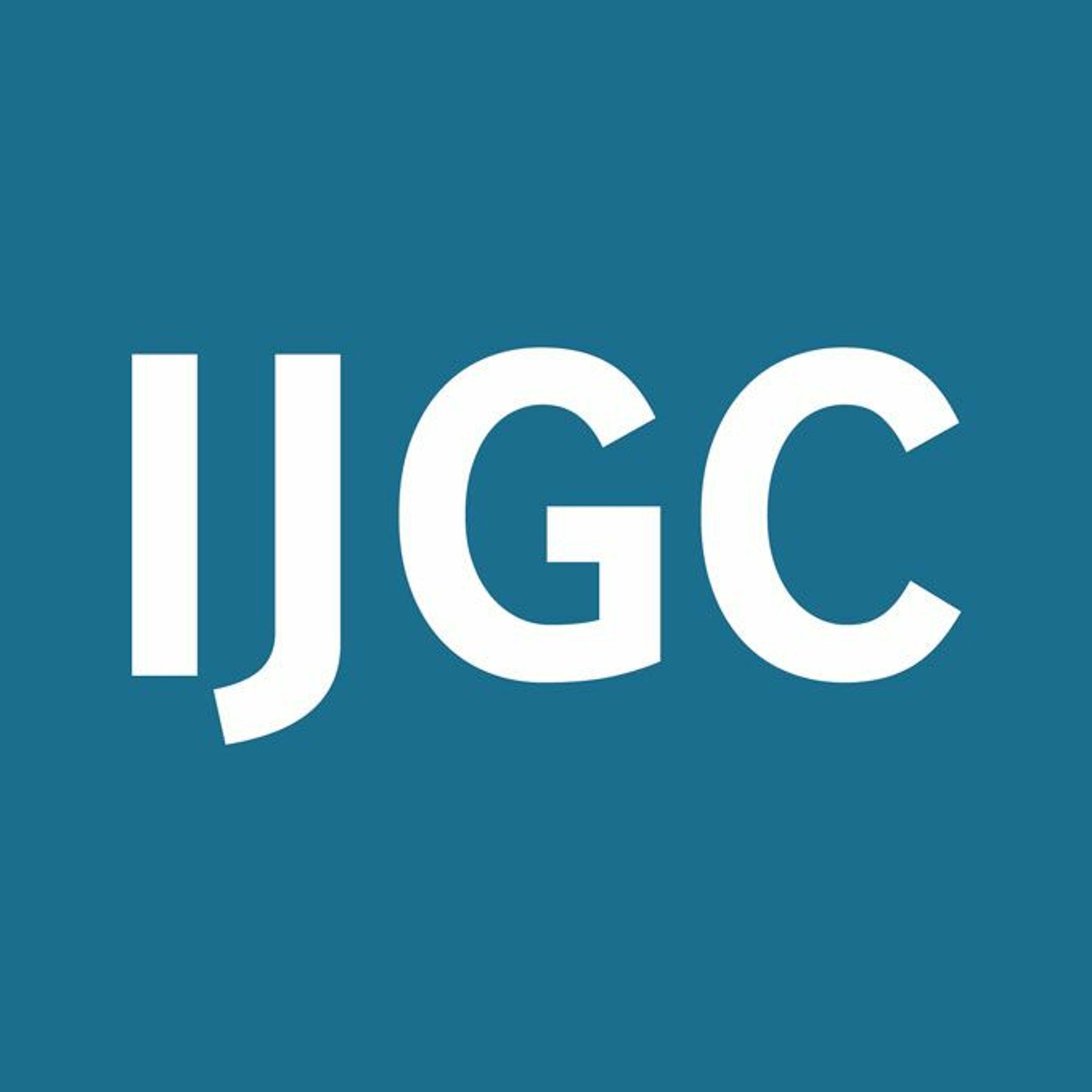

In this episode of the IJGC podcast, Editor-in-Chief Dr. Pedro Ramirez is joined by Drs. Diego Raimondo and Giulia Rovero. Dr. Raimondo works as medical director and assistant researcher at the Division of Gynecology and Pathophysiology of Human Reproduction, Bologna, Italy, directed by Prof. Renato Seracchioli. He received his PhD on new technologies for endometriosis surgical removal from the University of Bologna in 2021. He is an Advisory Board Member of the ESGE (European Society for Gynaecological Endoscopy) and member of the Special Interest Group in Robotics. His research interests are focused on minimally invasive surgery (laparoscopic, robotic and hysteroscopic) for endometriosis and endometrial cancer. Dr. Giulia Rovero graduated in Medicine in 2017 at the University of Florence. She is currently a fifth-year resident at the Division of Gynecology and Pathophysiology of Human Reproduction, Bologna, Italy, directed by Prof. Renato Seracchioli. In 2022/23 she spent twelve months at the Lariboisiere Hospital in Paris focusing on gynecologic oncology. She is developing her research activity in collaboration with Dr. Raimondo in the field of minimally invasive surgery for endometrial cancer. Highlights: * In endometrial carcinoma (EC) patients, the rate of sentinel lymph node (SLN) mapping failure ranges from 20% to 25%. * Pooled data assessing predictive factors of SLN mapping failure in EC patients undergoing SLN biopsy through the cervical injection of indocyanine green (ICG) are lacking. * ICG dose 30 kg/m2, menopausal status, adenomyosis) nor surgical history is significantly associated with SLN mapping failure in EC patients. * Deep myometrial invasion, FIGO grade 3, non-endometrioid histotype, and lymphovascular space invasion are not significantly associated with SLN mapping failure in EC patients.


A summary of some of the best paper we published in the June 2023 issue of the Emergency Medicine Journal. Rick and Sarah talk through topics including home pulse oximetry, out of hospital cardiac arrest, the perils of correctly calculating respiratory rate in the ED and even cross-cultural adaptation of patient communication material. Read the highlights: https://emj.bmj.com/content/40/6/393 You can subscribe to the EMJ podcast via all podcast platforms, including Apple Podcasts, Google Podcasts, Stitcher and Spotify, to get the latest podcast every month. If you enjoy our podcast, please consider leaving us a review or a comment on the EMJ Podcast iTunes page (https://podcasts.apple.com/us/podcast/emj-podcast/id445358244). Thank you for listening!


Dr Philip Smith, Digital and Education Editor of Gut and Honorary Consultant Gastroenterologist at the Royal Liverpool Hospital, Liverpool, UK interviews Professor Kathy DelGiorno, from the Department of Cell and Developmental Biology, Vanderbilt University, Nashville, Tennessee, USA, on the paper 'It is better to light a candle than to curse the darkness: single-cell transcriptomics sheds new light on pancreas biology and disease' published in paper copy in Gut in June 2023 and available online: https://gut.bmj.com/content/72/6/1211 Please subscribe to the Gut Podcast via all podcast platforms, including Apple Podcasts, Google Podcasts, Stitcher and Spotify, to get the latest podcast every month. If you enjoy our podcast, please consider leaving us a review or a comment on the Gut Podcast iTunes page (https://podcasts.apple.com/gb/podcast/gut-podcast/id330976727).
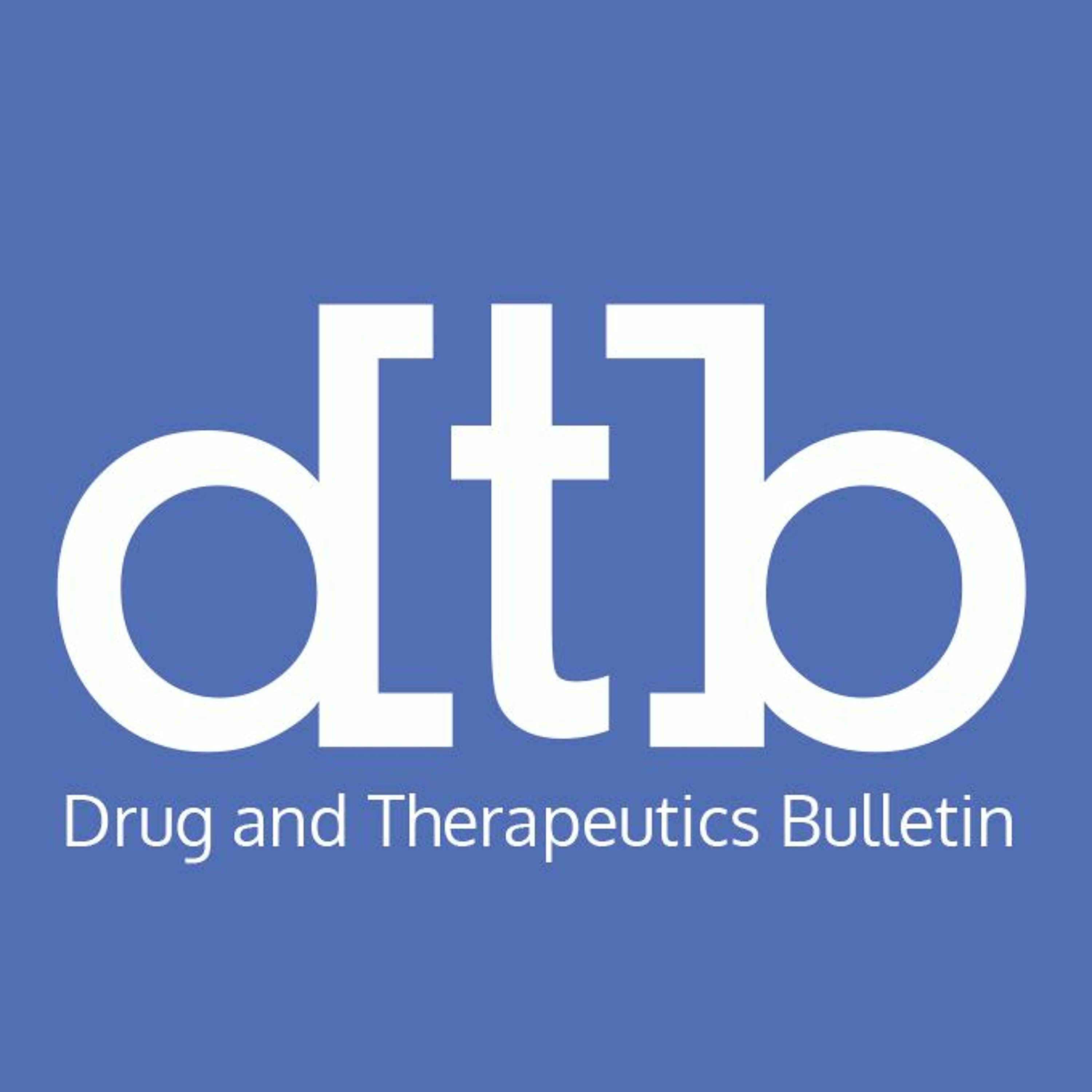

In this podcast, James Cave (Editor-in-Chief) and David Phizackerley (Deputy Editor) talk about the June 2023 issue of DTB. They discuss new guidelines on post-exposure prophylaxis for varicella or shingles during pregnancy (https://dtb.bmj.com/content/61/6/82). They review the effect of low-dose aspirin on fractures and falls (https://dtb.bmj.com/content/61/6/85), and talk about a study that does not provide meaningful cardiovascular outcome data for inclisiran (https://dtb.bmj.com/content/61/6/86). The main review article explores hospitalisation as a consequence of medication-related harm and the need to reduce the burden of harm caused by medication (https://dtb.bmj.com/content/61/6/87). They begin by discussing an announcement from NHS England that antibiotics will be provided without the need for a prescription from community pharmacies to free up GP time. The contact address for the DTB team is dtb@bmj.com. Please subscribe to the DTB podcast to get episodes automatically downloaded to your mobile device and computer. Also, please consider leaving us a review or a comment on the DTB Podcast iTunes podcast page (https://podcasts.apple.com/gb/podcast/dtb-podcast/id307773309). Thank you for listening.


In this episode of the IJGC podcast, Editor-in-Chief Dr. Pedro Ramirez is joined by Dr. Ramez N. Eskander to discuss NRG-018 pembrolizumab and chemotherapy in uterine cancer. Dr. Eskander is a gynecologic oncologist who specializes in the comprehensive management of female reproductive system cancers, including ovarian, uterine, cervical, vulvar and vaginal cancer. His expertise includes diagnostic and therapeutic procedures, including minimally invasive (robotic) surgery, chemotherapy and novel drugs. Highlights: • NRG-GY018 showed that the addition of pembrolizumab to chemotherapy, followed by maintenance pembrolizumab, resulted in a 70% lower risk of disease progression or death in patients in the dMMR cohort and a 46% lower risk in the pMMR cohort than in the placebo group. • These data suggest that the incorporation of immunotherapy into the first-line treatment of advanced or recurrent endometrial cancer improves oncologic outcomes, regardless of MMR status or histologic findings. • Previous monotherapy drugs against PD-1 and PD-L1 in recurrent or metastatic pMMR endometrial cancer resulted in only modest improvement.
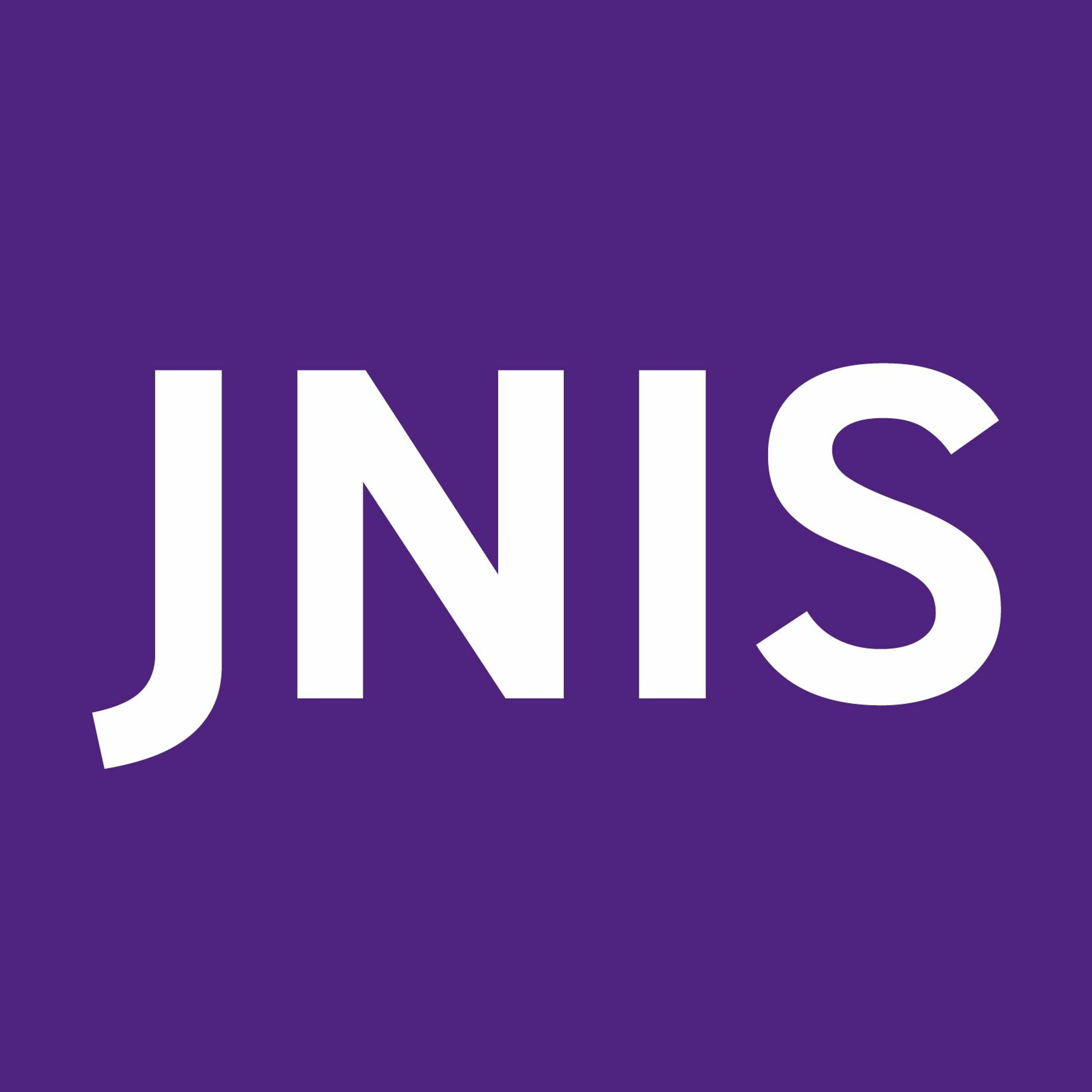

In this podcast, JNIS Editor-in-Chief, Dr. Felipe C. Albuquerque, speaks with Dr. Marco Colasurdo (1) and Prof. Dheeraj Gandhi (2), authors of the original research article, "Predictors for large vessel recanalization before stroke thrombectomy: the HALT score" - https://jnis.bmj.com/content/early/2023/04/25/jnis-2023-020220 This paper is free-to-access for a month following the publication of this podcast. Please subscribe to the JNIS Podcast via all podcast platforms, including Apple Podcasts, Google Podcasts, Stitcher and Spotify, to get the latest episodes. Also, please consider leaving us a review or a comment on the JNIS Podcast iTunes page: https://podcasts.apple.com/gb/podcast/jnis-podcast/id942473767 Thank you for listening! This episode was edited by Brian O'Toole. (1) Interventional Neuroradiology, Dept. of Diagnostic Radiology, Uni. of Maryland Medical Center, Baltimore, Maryland, USA (2) Dept. of Radiology and Biomedical Imaging, Yale School of Medicine, New Haven, Connecticut, USA


Editor-in-Chief of the Archives of Disease in Childhood, Dr. Nick Brown, and Senior Editor of ADC, Dr. Rachel Agbeko, bring you the monthly Atoms - the highlights of the June 2023 issue. Read it on the Archives of Disease in Childhood website: https://adc.bmj.com/content/108/6/i Please listen to our regular podcasts and subscribe in Apple Podcasts, Google Podcasts, Stitcher and Spotify to get episodes automatically downloaded to your phone and computer. And if you enjoy the podcast, please leave us a review at https://podcasts.apple.com/gb/podcast/adc-podcast/id333278832


Dr Kerry Costello and Dr Deepak Kumar discuss a BSJM paper that investigated gait and physical activity predictors of cartilage worsening in people with knee osteoarthritis from the MOST study, using a machine learning model. Kerry and Deepak do a brilliant job of explaining the biomechanical variables, and the advantages of machine learning, and what these findings might mean for clinicians treating people with knee osteoarthritis. Link to paper: https://bjsm.bmj.com/content/early/2023/03/02/bjsports-2022-106142 Connect with Kerry: https://mae.ufl.edu/people/faculty/primary/profiles/kerry-costello/
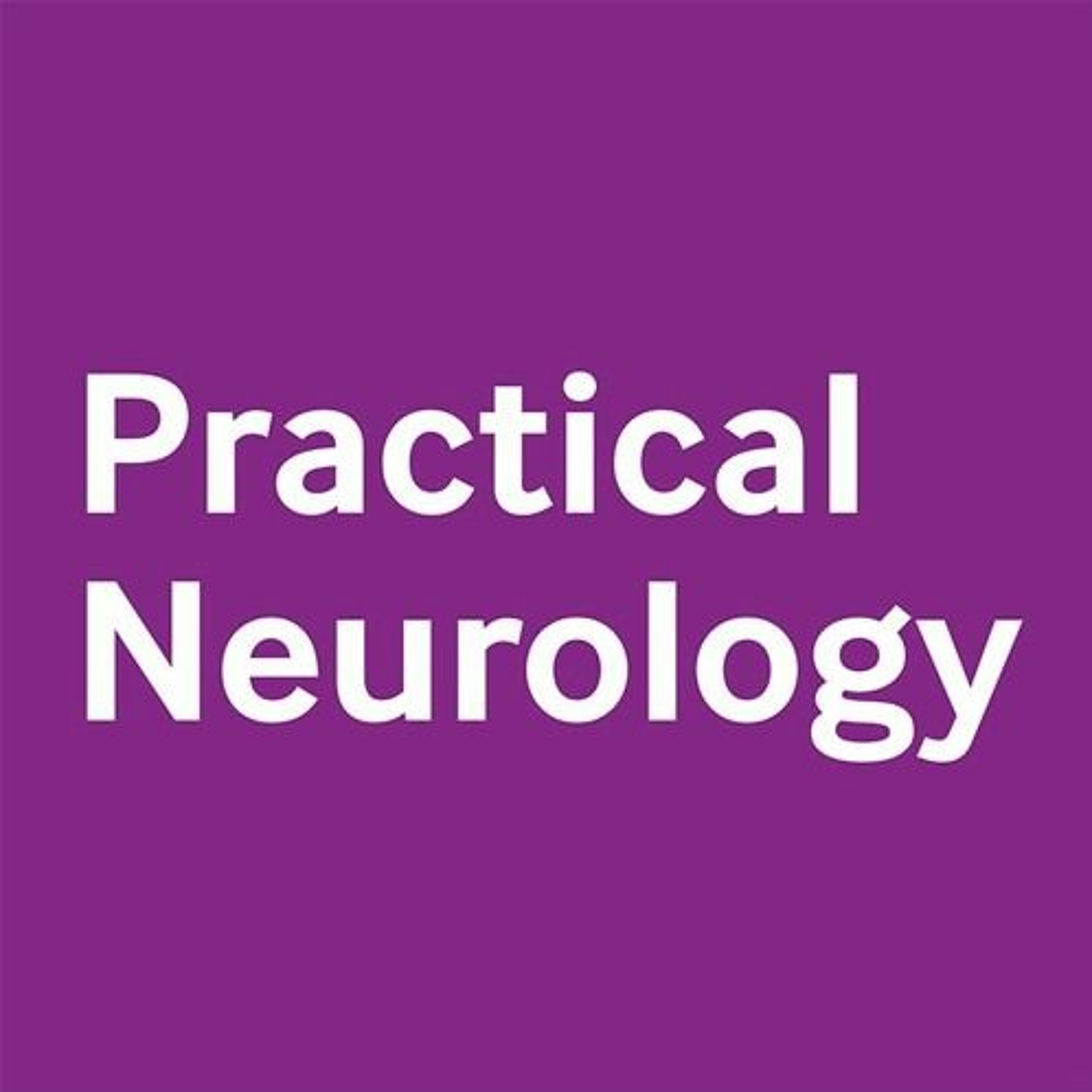

Practical Neurology Editors Phil Smith and Geraint Fuller talk you through the highlights of the June 2023 issue of the journal. Please subscribe to the Practical Neurology podcast via all podcast platforms, including Apple Podcasts, Google Podcasts, Stitcher and Spotify, to get the latest podcast every month. If you enjoy our podcast, please consider leaving us a review or a comment on the Practical Neurology Podcast iTunes page (https://podcasts.apple.com/gb/podcast/pn-podcast/id942932053). The PN podcast is produced by Letícia Amorim and edited by Brian O'Toole. Thank you for listening.
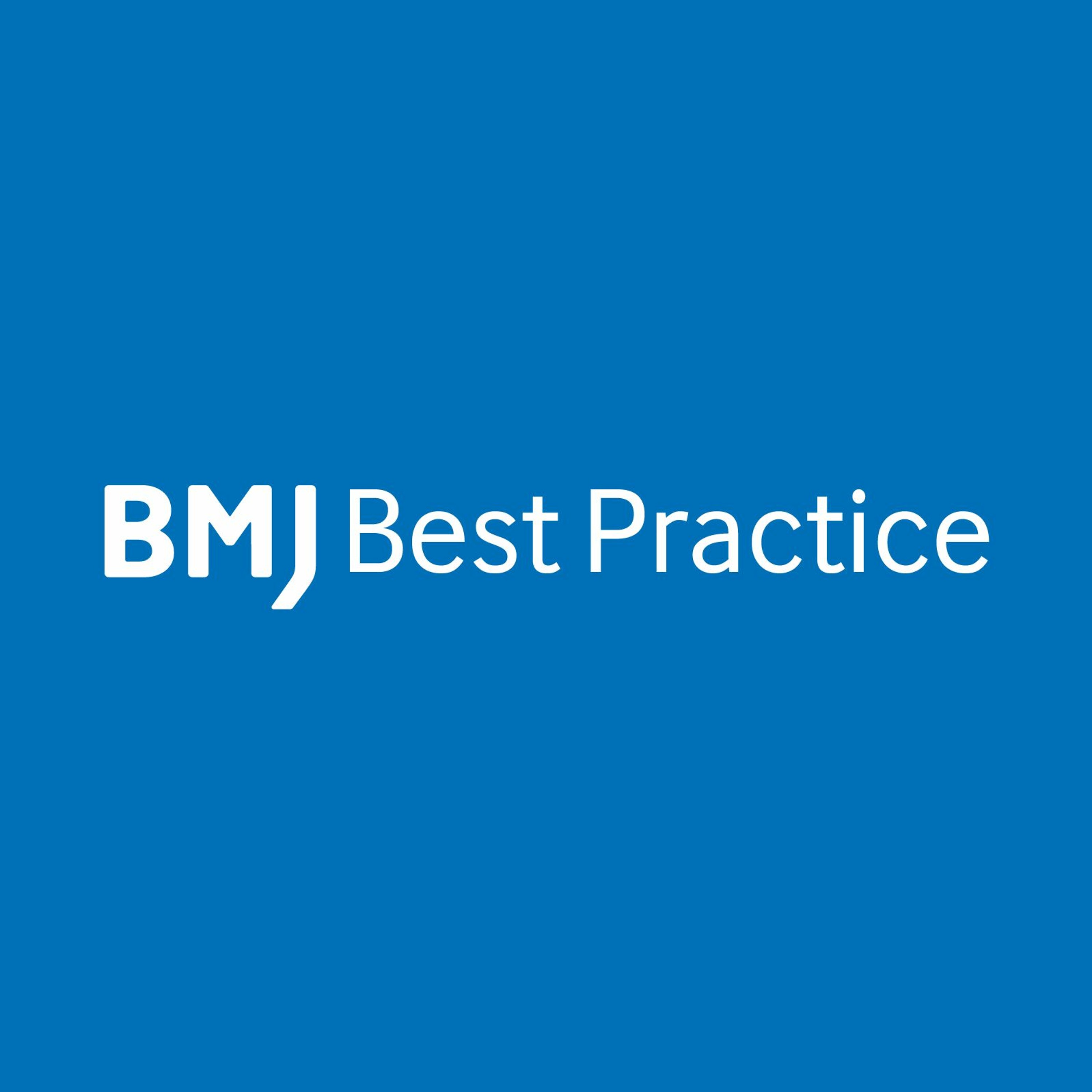

There are concerns that junior healthcare professionals do not use decision support as they don’t see senior staff using it. There are concerns that seniors don't use clinical decision support as they worry about looking things up people in front of people. So a complex issue to discuss. To find out more about this, listen to this interview with Dr Tom Foley, Consultant Child and Adolescent Psychiatrist with expertise in digital health.


In this episode of the podcast, Andrew Perry discusses with Dr. Albert the barriers to implementing guideline-directed medical therapy in heart failure with reduced ejection fraction and how to improve matters. If you enjoy the show, please leave us a podcast review at https://itunes.apple.com/gb/podcast/heart-podcast/id445358212?mt=2


In this episode of the IJGC podcast, Editor-in-Chief Dr. Pedro Ramirez is joined by Carien Creutzberg, Nanda Horeweg, and Alexandra Leary to discuss the RAINBO trials. Carien Creutzberg is Professor of Radiation Oncology at Leiden University Medical Center, the Netherlands. She specializes in research and treatment of gynecological cancers and has been the initiator and principal investigator of the four PORTEC trials and the TransPORTEC consortium. She is current chair of the GCIG Endometrial Cancer Committee and past Council member of ESGO and IGCS. Nanda Horeweg is senior researcher at the department of Radiation Oncology of Leiden University Medical Center, the Netherlands. She is one of the principal investigators of the PORTEC team and the international coordinator of the RAINBO program of clinical trials. Alexandra Leary, MD, PhD, is a medical oncologist specializing in gynecological cancers at Gustave Roussy Cancer Center in France. She is the CI for the RAINBO-RED trial and member of the TransPORTEC Consortium. She is current chair of the GCIG Phase II committee, gyne track chair for ESMO Asia, and past gyne track chair for ESMO.
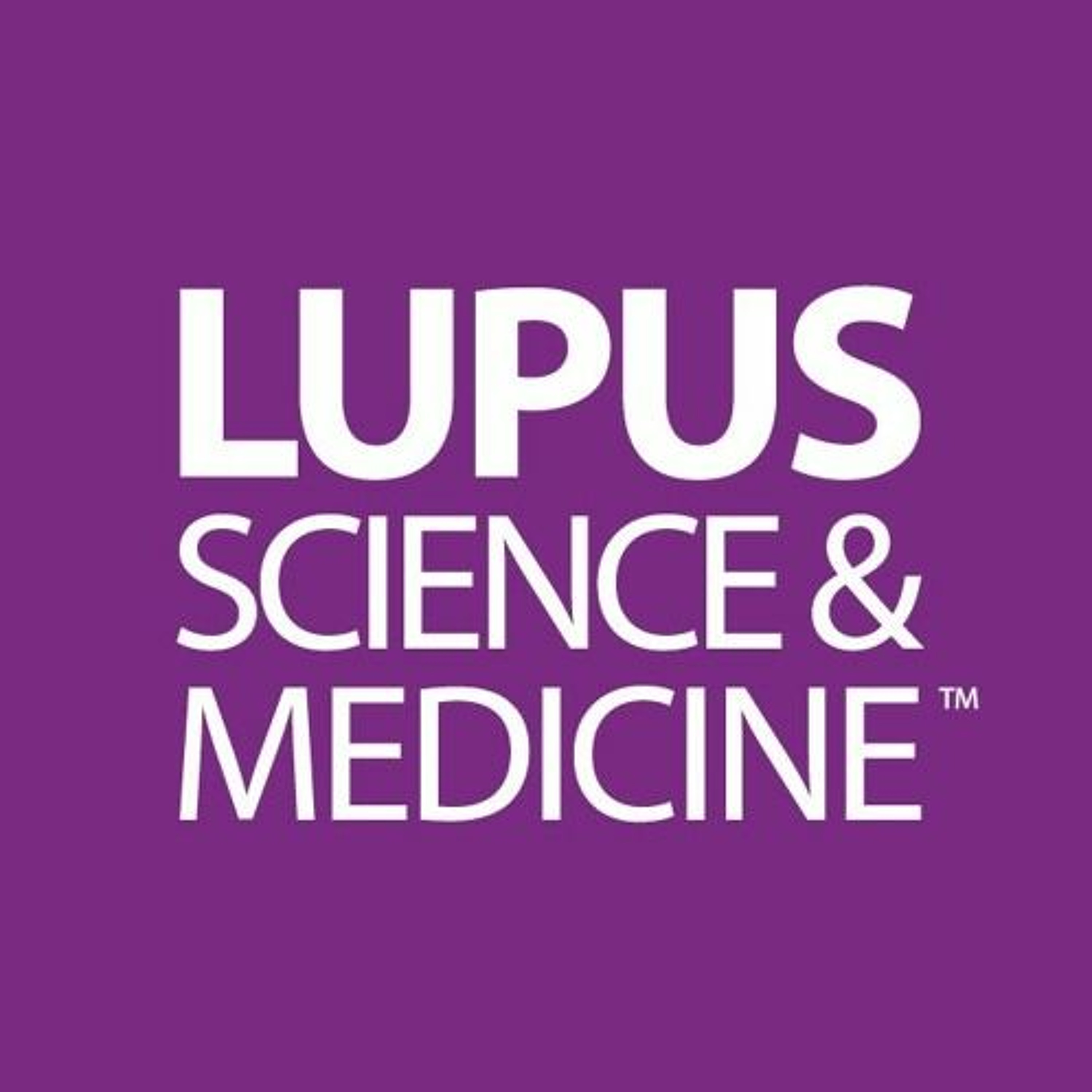

Dr. Anna Wolska from the Lupus Foundation of America interviews Dr. Andrea Fava from Johns Hopkins University about Belimumab treatment in lupus nephritis. Dr Fava elucidates on the correlation between the decrease in urinary CD163 levels and the response to Belimumab treatment in Lupus Nephritis trials. The conversation provides important insights into the efficacy of this treatment option and potential biomarker use for personalized and precision medicine in the future. Read the article: http://dx.doi.org/10.1136/lupus-2022-000763
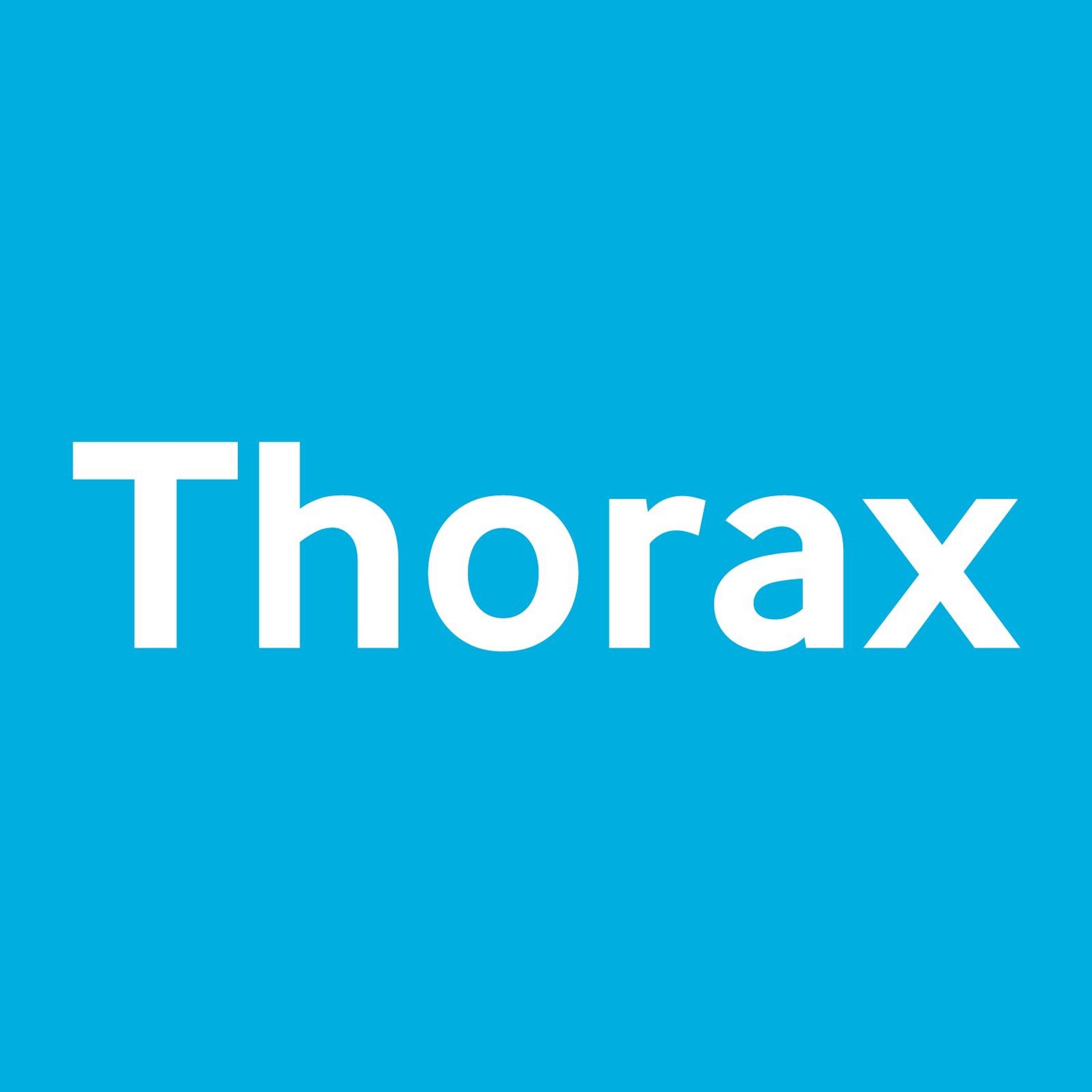

Dr. Kate Diomede, social media editor at Thorax, is joined by Dr. Yasmin Thanavala (1) to discuss her group's recent research paper, "Not all vaping is the same: differential pulmonary effects of vaping cannabidiol versus nicotine". Their study used a using a mouse model of vaping and in vitro experiments with human cells. The paper is available online: https://thorax.bmj.com/content/early/2023/04/02/thorax-2022-218743 Hear the previous discussion with Prof. Nick Hopkinson on policy relating to vaping and smoking: https://on.soundcloud.com/cjFhd (1) Prof. Oncology, Roswell Park Comprehensive Cancer Center, Buffalo, New York, USA. Please engage in the conversation through the social media channels (Twitter - @ThoraxBMJ; Facebook - @Thorax.BMJ · Pulmonologist) and subscribe on your preferred platform, to get the latest episodes directly on your device each month.
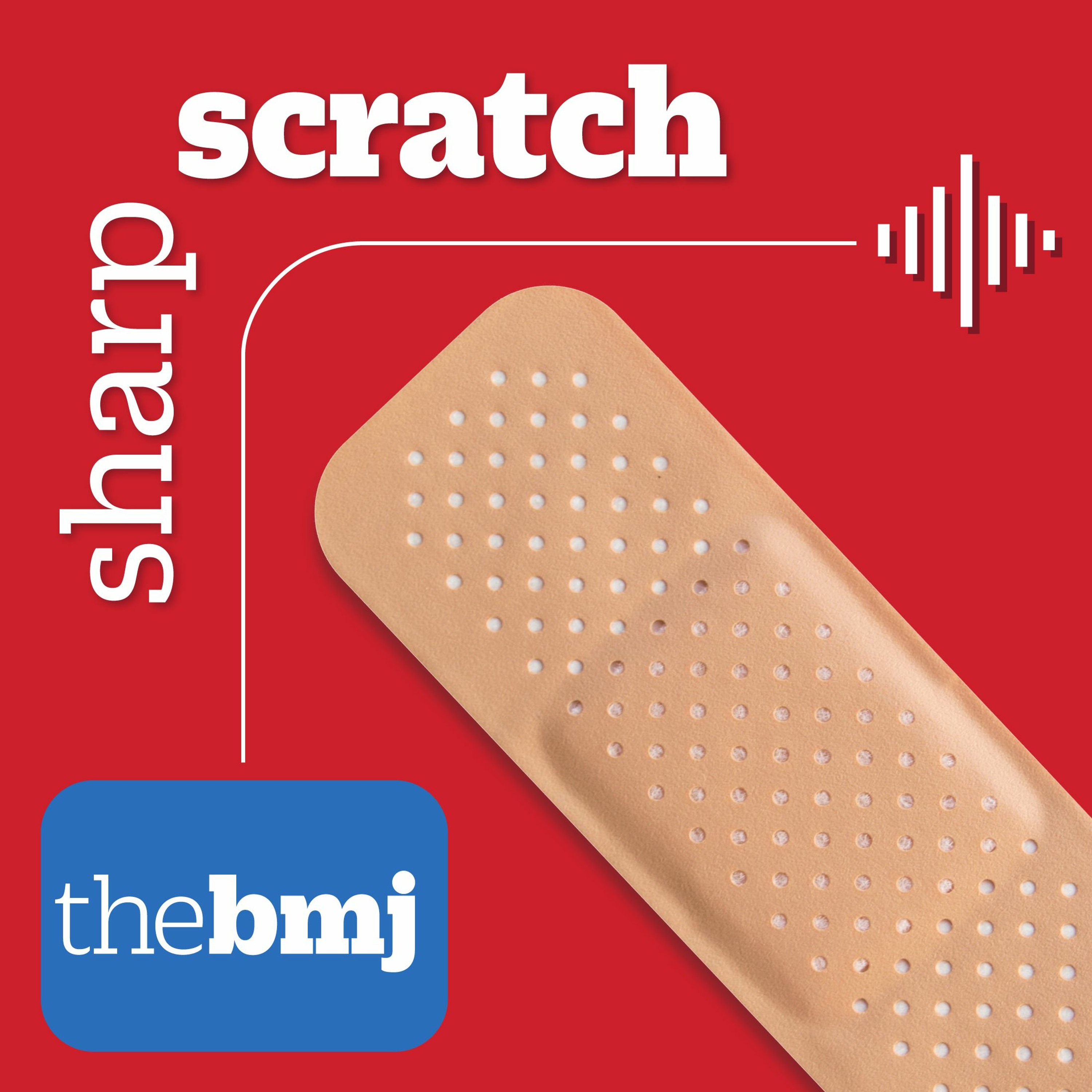

Starting university or medical school can be a daunting experience for anyone, but when you’re the first person in your family to study medicine, it can feel even scarier. In today’s episode, we’re going to be talking all about what it’s like to be a first-generation medical student. We’ll start from the very beginning and talk about when we first realised we wanted to study medicine and what it was like to apply. We’ll then move on to discussing our time at medical school, and whether we experienced any kind of culture shock when we arrived. We’ll finish up by talking about positive changes we’d like to see in medicine, and how our feelings have changed with time. Expert guests: Dr Enam-Ul Haque is a GP Partner in Manchester, as well as a Clinical Senior Lecturer at the University of Manchester. He has a passion for widening participation and equality, diversity and inclusion (EDI) and is the Founder of the National Medical Schools Widening Participation Forum and Co-Chair of the MSC EDI Alliance. Check us out on social media: Twitter: https://twitter.com/BMJStudent Instagram: https://www.instagram.com/bmj_student/ Facebook: https://www.facebook.com/BMJStudent/ This podcast is produced and edited by Dom Byrne and Duncan Jarvies.
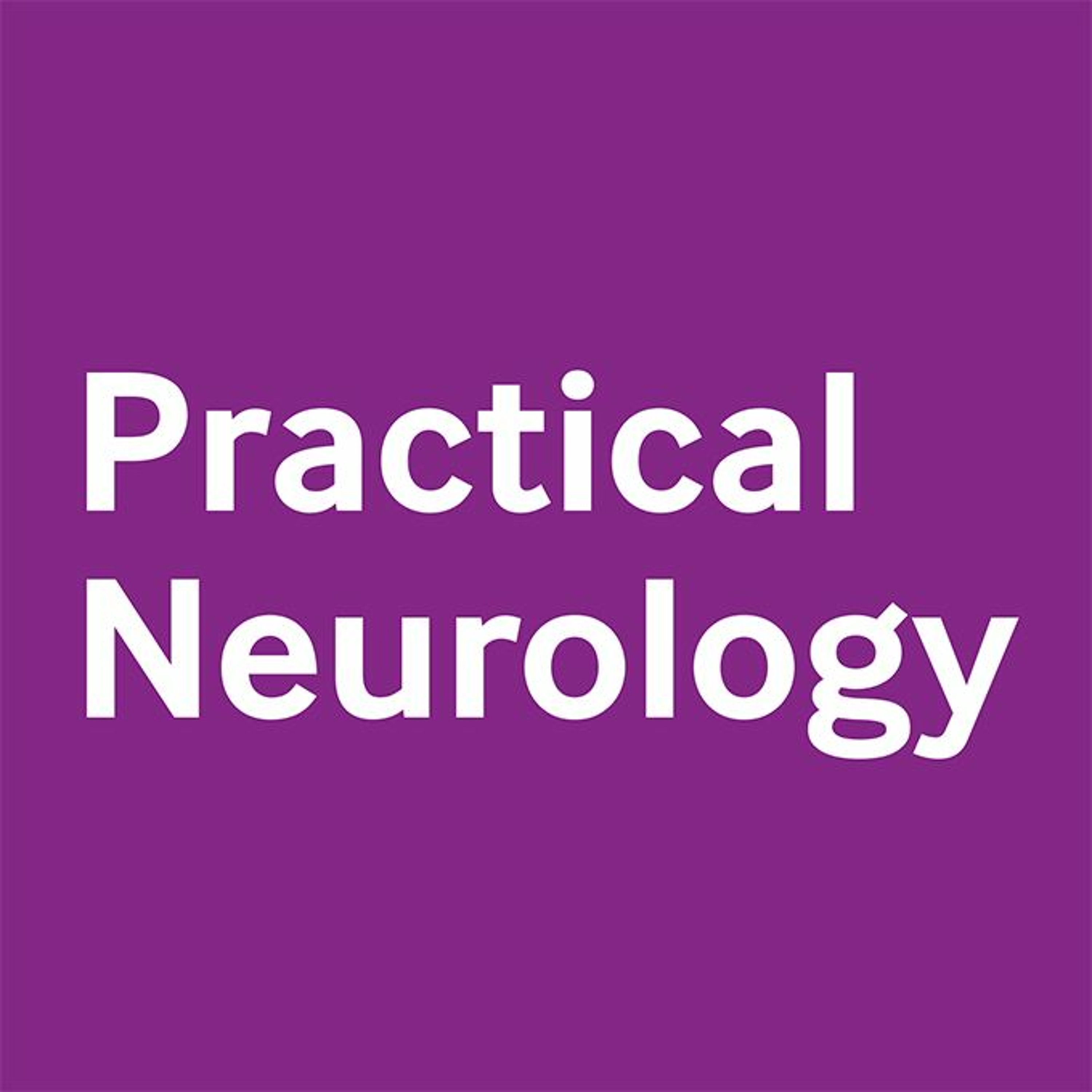

In this new series of the Practical Neurology podcast, Professor Martin Turner (1) invites Dr Ruth Wood (2) and Dr Xin You Tai (3) to discuss the nitty-gritty details of two Case Reports from the latest issue of the Practical Neurology journal. This month, they start by commenting on a case of a woman in her 70s with renal failure who developed confusion and seizures after receiving aciclovir, and was subsequently diagnosed with aciclovir-induced neurotoxicity (Aciclovir-induced neurotoxicity - https://pn.bmj.com/content/23/2/157). They also talk (starting at 23:05) about an unusual case of an acute posterior spinal artery syndrome in a man in his 60s with vascular risk factors (Posterior spinal artery infarct - https://pn.bmj.com/content/23/2/160). (1) Professor of Clinical Neurology and Neuroscience at the Nuffield Department of Clinical Neurosciences, University of Oxford, and Consultant Neurologist at John Radcliffe Hospital. (2) Neurology Registrar, University Hospitals Sussex. (3) Clinical Academic Fellow, Nuffield Department of Clinical Neurosciences, Oxford University, and Neurology Specialty registrar, Oxford University Hospital. Please subscribe to the Practical Neurology podcast via all podcast platforms, including Apple Podcasts, Google Podcasts, Stitcher and Spotify, to get the latest podcast every month. If you enjoy our podcast, please consider leaving us a review or a comment on the Practical Neurology Podcast iTunes page (https://podcasts.apple.com/gb/podcast/pn-podcast/id942932053). The PN podcast is produced by Letícia Amorim and edited by Brian O'Toole. Thank you for listening.
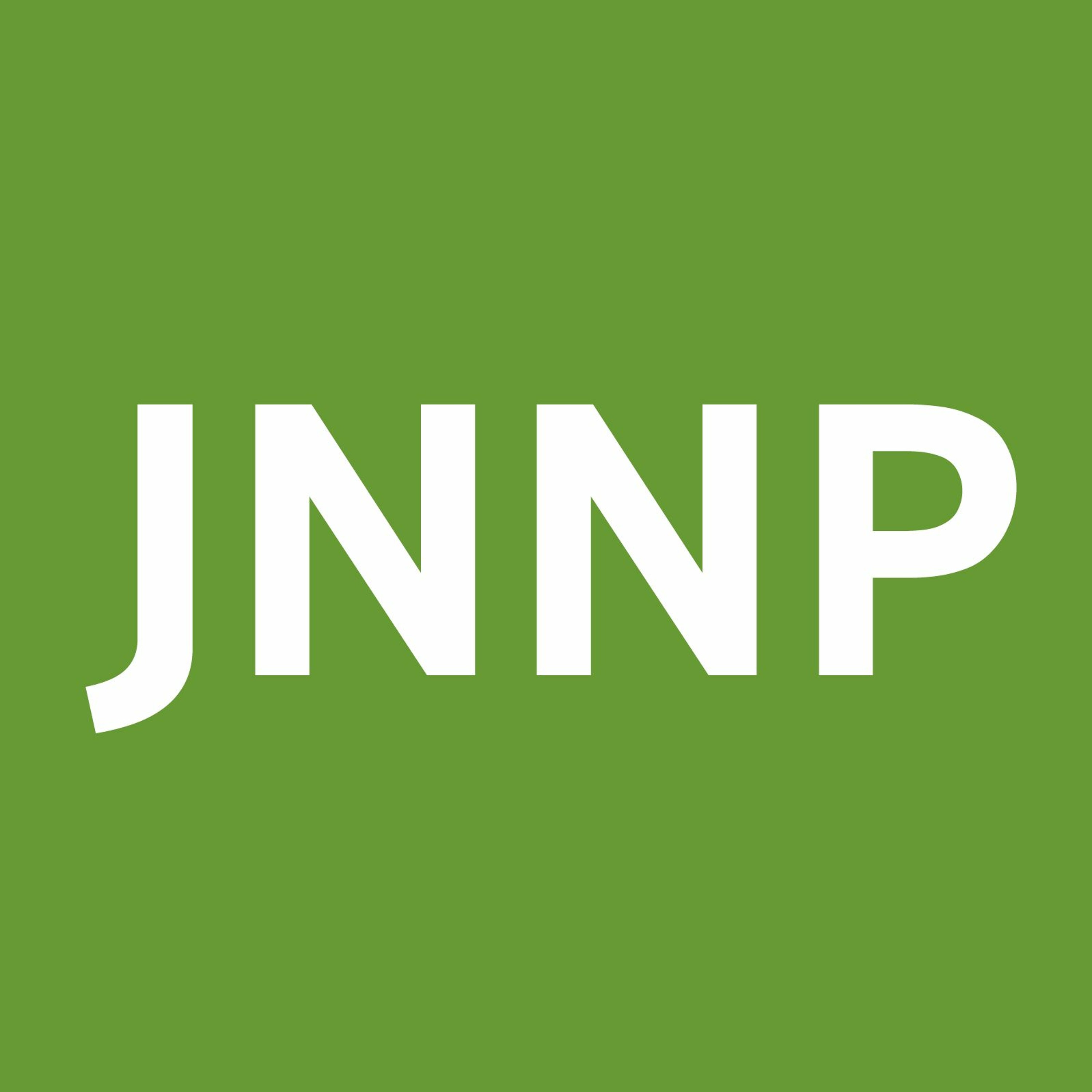

In this episode, JNNP's new podcast host Dr. Saima Chaudhry (1) speaks with Dr. Matteo Gastaldi (2) about Myelin oligodendrocyte glycoprotein antibody-associated disease, or MOGAD for short. A multi-centre retrospective study, "Prognostic relevance of quantitative and longitudinal MOG antibody testing in patients with MOGAD", was recently published in JNNP, and Dr. Gastaldi is its first author. Listen to this podcast to learn what MOGAD is, its differential diagnosis and the potential pathogenesis. Plus some discussion of the use of MOG titres in predicting relapse of the disease. You can read the paper at the following link: https://jnnp.bmj.com/content/94/3/201 (1) Warren Alpert Medical School, Brown University, Rhode Island, USA (2) Neuroimmunology Research Unit, IRCCS Mondino Foundation, Pavia, Italy Please subscribe to the show on Apple Podcasts (https://podcasts.apple.com/gb/podcast/jnnp-podcast/id426391174), Spotify (https://open.spotify.com/show/3VHlgiFD3LRw395wBB167T) or find it on your platform of choice. Your feedback and reviews are very appreciated. Follow JNNP on twitter: https://twitter.com/jnnp_bmj
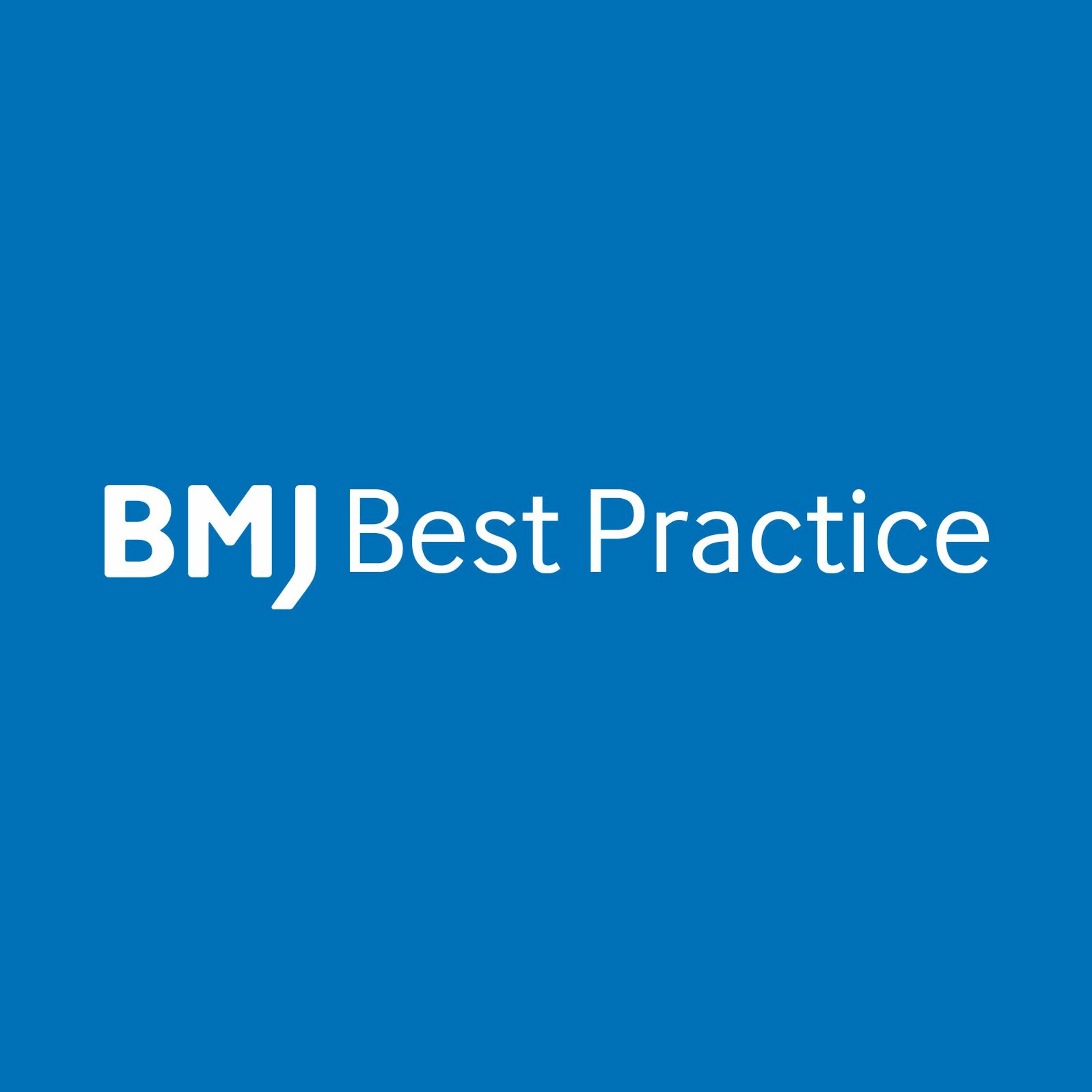

Snoring is common. In the 30- to 35-year-old age group, 20% of men and 5% of women snore. By 60, 60% of men and 40% of women will snore habitually. And snoring can affect the quality of life - of both the patient and their partner. In this BMJ Best Practice podcast on snoring, Kieran Walsh talks with Dr Showkat Mirza, Consultant in Otorhinolaryngology and Head & Neck Surgery, Sheffield Teaching Hospitals NHS Trust. For more on snoring, visit BMJ Best Practice: bestpractice.bmj.com/topics/en-gb/1035 Competing interests: SM has no competing interests


If you’ve ever wondered why tests sometimes don’t really work when you start using them then you’ll really want to listen to this episode .. or read this instead - https://adc.bmj.com/content/108/5/411. Or maybe you’ve lain awake at night worrying about how common portal vein thrombosis is in neonates and what that might mean for the baby … again, you’ll really want to get your ears attached to this podcast and take a few minutes to admire the search strategy here - https://adc.bmj.com/content/108/5/411.1 We would love for you to be involved in Archi [adc.bmj.com/pages/authors/#archimedes] - just ask the questions that your patients are offering you. Please listen to our regular podcasts and subscribe in Apple Podcasts, Google Podcasts, Stitcher and Spotify to get episodes automatically downloaded to your phone and computer. And if you enjoy the podcast, please leave us a review at https://podcasts.apple.com/gb/podcast/adc-podcast/id333278832


In this episode of the Heart podcast, Digital Media Editor, Professor James Rudd, is joined by Professor Sarah Zaman from the University of Sydney, Australia. They discuss her systematic review and meta-analysis of the effect of this diet specifically in women, something not previously studied. If you enjoy the show, please leave us a podcast review at https://itunes.apple.com/gb/podcast/heart-podcast/id445358212?mt=2 Link to published paper: https://heart.bmj.com/content/early/2023/02/14/heartjnl-2022-321930


In this episode of the IJGC podcast, Editor-in-Chief, Dr. Pedro Ramirez, is joined by Dr. Giuseppe Caruso discuss post-PARP myeloid neoplasms. Dr. Caruso is a fifth-year resident in Obstetrics and Gynecology and a first-year fellow of the PhD in “Network Oncology and Precision Medicine” at Sapienza University of Rome in Italy. Over the past year, he has been attending the Department of Gynecologic Oncology at the European Institution of Oncology (Milan) under the mentorship of Professor Nicoletta Colombo and has now started his research fellowship period at Mayo Clinic (Rochester) under the supervision of Professor William Cliby. His main interest areas are gynecologic oncology, personalized oncology, and clinical research. Highlights: - Myeloid neoplasms post PARPi in patients with ovarian cancer are gradually emerging as life-threatening late toxicities and should not be underestimated. - The first two years of PARPi exposure are the critical window of onset and persistent cytopenia has been recognized as an early warning sign. - Active surveillance, differential diagnosis, and prompt hematological referral are crucial. - PARPi are recommended in the first line also to improve the risk-benefit ratio. - PARPi should be used cautiously in patients with a higher baseline risk and/or those who are less likely to have a significant benefit.
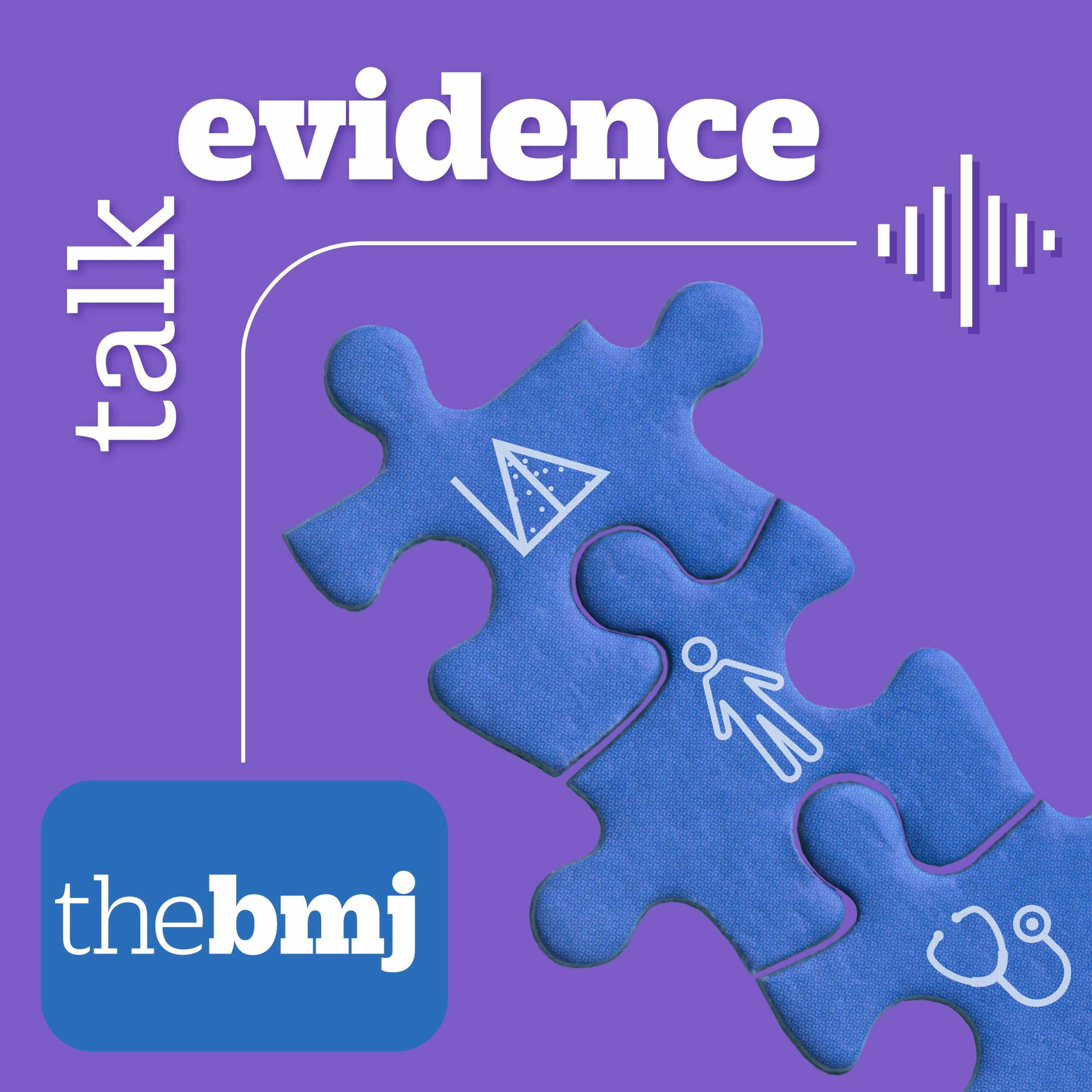

Helen Macdonald, Juan Franco, and Joe Ross are back with our monthly update on the world of evidence based medicine. This episode delves into new methodologies which can use observational data to emulate trial data. We discuss a new systematic review and meta-analysis of RCTs for surgical treatment of sciatica. There is elaboration and explanation of the CONSORT Harms 2022 statement - and we'll be asking if it goes far enough. Finally, the old chestnut of surrogate endpoints in cancer treatment trials - are benefits communicated to patients accurately? Reading list; Nirmatrelvir and risk of hospital admission or death in adults with covid-19: emulation of a randomized target trial using electronic health records - https://www.bmj.com/content/381/bmj-2022-073312 Surgical versus non-surgical treatment for sciatica https://www.bmj.com/content/381/bmj-2022-070730 CONSORT Harms 2022 statement, explanation, and elaboration https://www.bmj.com/content/381/bmj-2022-073725 Funders crack down on unpublished clinical trials—but is it enough? https://www.bmj.com/content/381/bmj.p840 Communication of anticancer drug benefits and related uncertainties to patients and clinicians https://www.bmj.com/content/380/bmj-2022-073711


Dr Philip Smith, Digital and Education Editor of Gut and Honorary Consultant Gastroenterologist at the Royal Liverpool Hospital, Liverpool, UK interviews Professor Benoit Chassaing, group leader from the “Mucosal microbiota in chronic inflammatory diseases” Team at INSERM and the Université Paris Cité, Paris, France, on the paper 'Akkermansia muciniphila counteracts the deleterious effects of dietary emulsifiers on microbiota and host metabolism' published in paper copy in Gut in May 2023 and available online: https://gut.bmj.com/content/72/5/906 Please subscribe to the Gut Podcast via all podcast platforms, including Apple Podcasts, Google Podcasts, Stitcher and Spotify, to get the latest podcast every month. If you enjoy our podcast, please consider leaving us a review or a comment on the Gut Podcast iTunes page (https://podcasts.apple.com/gb/podcast/gut-podcast/id330976727).


In this co-interview, both Dr Philip Smith, Deputy Editor of FG and Social Media Associate Editor and Honorary Consultant Gastroenterologist at the Royal Liverpool Hospital, and Dr Vivek Goodoory, Frontline Gastroenterology trainee editor, Clinical Research Fellow and Registrar in Gastroenterology at Leeds Teaching Hospitals NHS Trust, interview Dr Nasar Aslam, Endoscopy Research fellow at University College London Hospitals NHS Foundation Trust, on the paper 'Minimally invasive endoscopic therapies for gastro-oesophageal reflux disease’, published in Frontline Gastroenterology: https://fg.bmj.com/content/14/3/249. Listen to our regular podcasts and subscribe in Apple Podcasts, Google Podcasts, Stitcher and Spotify. If you enjoy our podcast, please rate us on your chosen platform, and leave us a review on the Frontline Gastroenterology Podcast page on iTunes: https://podcasts.apple.com/gb/podcast/fg-podcast/id942944229


Rick Body, University of Manchester and Manchester University NHS Foundation Trust, and Sarah Edwards, University Hospitals of Derby NHS Foundation Trust, cover the pick of the papers from EMJ's May 2023 issue. In this edition, we cover papers on shoulder dislocation, blunt chest trauma, uterine bleeding, medical errors, benign paroxysmal position vertigo, and calcium and QTc interval. Read the highlights: https://emj.bmj.com/content/40/5/317 You can subscribe to the EMJ podcast via all podcast platforms, including Apple Podcasts, Google Podcasts, Stitcher and Spotify, to get the latest podcast every month. If you enjoy our podcast, please consider leaving us a review or a comment on the EMJ Podcast iTunes page (https://podcasts.apple.com/us/podcast/emj-podcast/id445358244). Thank you for listening!


In this episode of the IJGC podcast, Editor-in-Chief, Dr. Pedro Ramirez, is joined by Dr. David Cibula to discuss the 2023 ESGO-ESTRO-ESP Guidelines for Cervical Cancer. Dr. Cibula is the Chair of the Department of Obstetrics and Gynecology at the General Faculty Hospital in Prague, Professor at the First Medical Faculty of the Charles University, Chair of the Central and Eastern European Gynaecologic Oncology Group (CEEGOG), member of the Strategic group of the ENGOT (European Network for Gynaecological Oncological Trial Groups) as well as a Former ESGO president. Highlights: - Multidisciplinary clinical practice guidelines developed jointly by ESGO/ESTRO/ESP in the field of gynaecological oncology, radiation oncology and pathology. - Guidelines cover the management of all stages of cervical cancer, including separate sections dedicated to pathology reporting and management in pregnancy. - The guidelines include recommendations, algorithms, and summaries of recent evidence published as supplements.


On this episode of the AMSSM (T: @TheAMSSM) Sports Medcast, host Dr. Jake Wessels, MD, is joined by Dr. Stacy Sims, MSc, PhD (Insta: @drstacysims), to discuss her upcoming lectures on how nutrition affects performance during the 2023 AMSSM Annual Meeting. Dr. Sims is an international exercise physiologist and nutrition scientist. She has directed research programs at Stanford, AUT University, and the University of Waikato, focusing on female athlete health and performance and pushed to improve research on all women. Her contributions to the international research environment and the sports nutrition industry has established a new niche in sports nutrition; and established her reputation as the expert in sex differences in training, nutrition and health. Dr. Sims has published over 70 peer-reviewed papers and several books. In this conversation, Dr. Sims addresses the following topics: * How her athletic background impacted her journey into the field of nutrition and performance * Sharing a starting point for medical professionals to think about optimizing nutrition for athletes * Ways to encourage athletes to be aware of their nutrition and how to effectively structure training sessions and nutritional plans * Her standard approach on supplementation and why less can often be more Learn more about her work and publications on her website (drstacysims.com), and register to attend the 2023 AMSSM Annual Meeting in-person or virtually at annualmeeting.amssm.org.


In this podcast, James Cave (Editor-in-Chief) and David Phizackerley (Deputy Editor) talk about the May 2023 issue of DTB. They celebrate 60 years since DTB became independent from The Medical Letter and discuss what DTB stands for (https://dtb.bmj.com/content/61/5/66). They review a retrospective cohort study involving people taking oral anticoagulants that compared the risk of bleeding and embolic events in new users of NSAIDs with those not prescribed NSAIDs (https://dtb.bmj.com/content/61/5/67). They also talk about the main review article that explores the therapeutics of siRNA medicines (https://dtb.bmj.com/content/61/5/72). They begin by discussing the UK Government’s recent Budget statement that the MHRA will introduce a new approval process for medicines that have been licensed elsewhere.


When we think of being a ‘good enough’ medical student, our thoughts might go straight to exams. Have we passed them all? What about merits, or even distinctions? It’s easy to prioritise exam scores above all else as it is one of the only times we get clear, concrete feedback - or a number that tells us how ‘good’ we really are. But can exam results capture everything or is something missing here when we talk about being a ‘good enough’ medical student or doctor? Can written papers or practical exams like OSCEs ever really sum up whether we’ll be ‘good doctors’? And despite so much pressure to excel, do we really need doctors to be the best or do we need them to be good enough? Expert guests: Abi Rimmer is a news reporter and careers editor at The BMJ. She is responsible for the careers content and reports on workforce-related and NHS policy issues. She was also recently treated as a patient for stage III rectal cancer. Check us out on social media: Twitter: https://twitter.com/BMJStudent Instagram: https://www.instagram.com/bmj_student/ Facebook: https://www.facebook.com/BMJStudent/ This podcast is produced and edited by Dom Byrne and Duncan Jarvies.


Editor-in-Chief of the Archives of Disease in Childhood, Dr. Nick Brown, and Senior Editor of ADC, Dr. Rachel Agbeko, bring you the monthly Atoms - the highlights of the May 2023 issue. Read it on the Archives of Disease in Childhood website: https://adc.bmj.com/content/108/5/i Please listen to our regular podcasts and subscribe in Apple Podcasts, Google Podcasts, Stitcher and Spotify to get episodes automatically downloaded to your phone and computer. And if you enjoy the podcast, please leave us a review at https://podcasts.apple.com/gb/podcast/adc-podcast/id333278832